Many language learners seek new ways to learn a language and often wonder if one language is easier to learn over and above another. Is it easier to learn French many students often ask us? The Museum of Knowledge response is that French is a very, very sharp and emphatic language. Many language learners may feel embarrassed speaking French because there is nowhere to hide if you get it wrong and there is so much emphasis on accentuation making it difficult to sound French if learners do not perfect this discipline.
French is very much focused on accentuation, precision and dynamism with nuances such as placement of accents making a huge difference as to how the language is pronounced. The correct pronunciation of French is an essential element that will set language learners apart and enable them to speak French like a native.
The key therefore to learning French is to practice and listen. Precision is the key to learning French and communicating with ease.





